
Health and safety in retail is a big issue right now. As of June 15th 2020, the UK government has now allowed for non-essential stores to re-open. Non-essential stores, including clothing and book shops, have been closed for over three months. This was to help lower the rate of infection of Covid-19. However, you may be feeling a little nervous about going out and about so soon. The corona virus is still a major health & safety risk with a lot of businesses having either moved online or to remote work to remain open. That’s why at this moment you may be thinking that it is just safer to shop online.
Boris Johnson has stated that we should ”shop with confidence”, but do you know precisely what you would do if you had an accident in a public place? If you work in retail, you may have no choice but to return to your store. That’s why, whether you are a customer or a consumer, it is essential that you know precisely what rules and regulations are in place to keep you safe. That way you can avoid accidents.
Read on to learn more about how you can protect yourself and the others around you from accidents in a retail store, and what you should do if you do suffer from an accident.
What is happening in the UK?
As you can see from the BBC’s latest update video, the UK has undergone a number of changes in the last 24 hours. Whilst this may not immediately get things back to the way they were, it can help workers in the retail industry have their livelihoods restored to them. Although essential stores have remained open, like food stores, pharmacies and banks, most non-essential stores have been shut since March.
Now, what’s important to take from this is that not only will stricter shopping measures be in place, but you will have a choice about whether or not you should return to your work environment. If you have proven that you can do your job from home without any problems, then it will be quite hard for an employer to outright say that you should go back to the office. However, if you can only do your work by being in a certain building, you will have to go in to do your work. Should you tell your employer that you are not going in because of fears of Covid-19, you will not be entitled to sick pay.
According to David D’Souza, from the Chartered Institute of Personnel and Development, he has listened to the complaints of people being forced to go back to work by their employer and believes that it is:
”Of huge concerns in terms of people’s physical and mental well being…Any return to work should only be done if these criteria are met: It’s necessary, it’s safe and it’s mutually agreed.”
It is up to you to decide how you feel about returning to work. If you are worried about catching Covid-19, you will need to discuss this with your employer. That way you can get an outcome that would suit your situation.

Safety in a retail: Covid-19 Edition
For both employees and consumers, new safety measures have been put in place in order to prevent the spread of Covid-19. So, if you are going out today, it’s important that you adhere to the following rules:

These rules have been put in place in order to help the public get used to shopping outside again. However, there is controversy about this move. The World Health Organization has warned against further lock down easing in England. According to Hans Kluge, the WHO’s European director, the UK is still in a “very active phase of the pandemic”. This means that there is still a chance that Covid-19 could be spread around through public contact.
If you do choose to go out to shop, make sure you do it with caution. There have been hundreds of people queuing already to visit large retailers like Primark, therefore take social distancing regulations seriously and try not to approach people within 2 m. You may also want to wear face-protection and have your own personal supply of hand gel.

Public Accidents in a Retail Store: Health and Safety
Despite all of the health and safety regulations that have been put into place, there is still a chance that both consumers and workers could be involved in an accident in the store. Yes, employers need to make sure that social distancing measures are put in place, but with all of this focus on Covid-19 safety regulations, it is more likely that smaller problems may be overlooked. There is still potential for one of the following accidents to take place in a store or retailer:
- Slips and falls from unmarked puddles.
- Trips over hazards/objects on the floor.
- Poorly built shelves falling over.
- Mannequins and display items falling down.
- Bad Lighting.
- Bad carpeting.
- Violent customers
All of these accidents can help due to employer negligence. Each business has a duty of care towards their customers and employees to keep them safe. Therefore, to have an unsafe work environment, and to not keep it clean and tidy, is to breach that duty. You deserve to feel safe when you are shopping, therefore if you have had an accident in a public place, you could claim compensation for the fall. This is due to the fact that the retailer themselves has been negligent.

Who was to blame for the accident?
All retailers have to keep their employees and customers safe when they are on their premises. This is normally through risk assessments. This includes keeping the place clean and tidy and ensuring any spills or hazards are fixed before customers can fall victim to them. Employees must also ensure that all staff are trained to carry out their work safely. If these duties are not fulfilled then they could be liable for a compensation claim, especially if they do not enforce social distancing regulations.
Customers: What to do if you have suffered an accident in a public space?
It can be nerve-wracking building up the courage to go back out in public to go shopping. That’s why you don’t deserve to be hurt when you finally enter a store. If you do unfortunately get injured, you need to report it to a member of staff. This injury can then be written down in the store’s accident book. You should be given a copy of the injury statement.
If you do not have to go to hospital due to your injury, remember that you will need to collect as much evidence as possible. This could include:
- Photographs
- Videos
- CCTV Evidence
- Witness Statement
- Diary Entry (made on the same day)
- Police reports
- Medical Statements
If you want to make a personal injury claim, you will need to make it within three years of the accident occurring. Make sure to seek help from a solicitor as these types of injury claims can get extremely complicated if you are looking for compensation on your own. A solicitor can explain how much compensation you could be owed, what pitfalls you need to avoid and how long it may take to get an outcome from your claim. Be patient with your solicitor and make sure to keep in contact with them about your claim.

Employees: Health & Safety in retail stores
Customers are not the only people who get injured in a store. As an employee, your employer owes you a duty of care, especially in regards to health & safety in retail environments. That means you should have received official training to help you cope with the latest social distancing laws and safety in general in the work space.
So, you have a responsibility towards customers to keep them safe. But you may be wondering, what should you do if you get hurt? An accident at work could put your livelihood at risk, as you may not be able to keep working and claim your wage. You can experience the same accidents as a normal customer, worse still you may be more at risk of Covid-19 if your store has not put in health and safety regulations to ensure the safety of their employees.
In order to keep safe in the work environment, remember to:

Your employee must be trying to implement social regulating laws, perhaps even communicating through walkie-talkies or phones instead or face-to-face contact. If there is no evidence of a risk assessment, you could be owed compensation for your work-place accident.
How much could I earn from an accident at work compensation claim?
Now, this depends on the type of accident you have had and how severe it is. If your retailer employer has not carried out sufficient health assessments or thought of the risks of returning employees to work, you could be owed thousands if you recently had a work accident, aka. a breach of health and safety in retail.
To use an example, perhaps you work in a clothes shop. They implemented a one-way system to help customers get around the store. However, you did not think of aggressive and messy customers. So you slipped on the clothing and fell over. If you broke your leg this may mean a higher pay out than if you pulled a muscle.
Talk to your trained solicitor about your injuries and how much you could be owed. The amount you receive will depend on your losses and injuries. Therefore, they will be able to give you a good estimate.
How to handle a breach of health & safety or a work accident?
The same way a customer must alert staff to an injury in a store, you must alert your employer or manager about your injury. They will record your injury the accident book. Make sure to ask for a copy! You must also find evidence of your accident that can prove that it was your employer that was liable for your accident. This could be through their lack of a risk assessment, a dangerous environment or perhaps a lack of training. Either way, keep calm and simply follow procedure to ensure that you can collect your evidence and alert your employer to your accident.

Gowing Law Solicitors can help you with your work accident claim!
The transition from complete lockdown to social-distanced work can be quite scary. You want to support your family, however what happens if bring something home nastier than intended. If you have been injured at work, or health & safety guidelines have been breached, Gowing Law Solicitors can help you get the compensation that you deserve.
We can work with you remotely and can offer you free advice or consultations to talk about your accidents. Our trained work accident specialists can then get to work on your case. If you are happy working with us, we work on a “no win-no fee” basis. That means that even if we do not get a positive outcome, you will still come out on top. Let our trained specialists help you get the best amount of compensation to allow you to recover from your injuries.
Contact us now by calling 0800 041 8350 or emailing info@gowinglaw.co.uk. You can also directly message us through our contact page.
Want to learn more?
Do you want to know more about Covid-19 and UK legislation? Our blog is has the latest legal stories and information. That way you will always know what to do if you are faced with a legal battle. That includes information about work safety and your worker’s rights.
If you have a blog topic that you want us to discuss, let us know by contacting info@gowinglaw.co.uk. We would be happy to write about it!
We look forward to hearing from you soon.




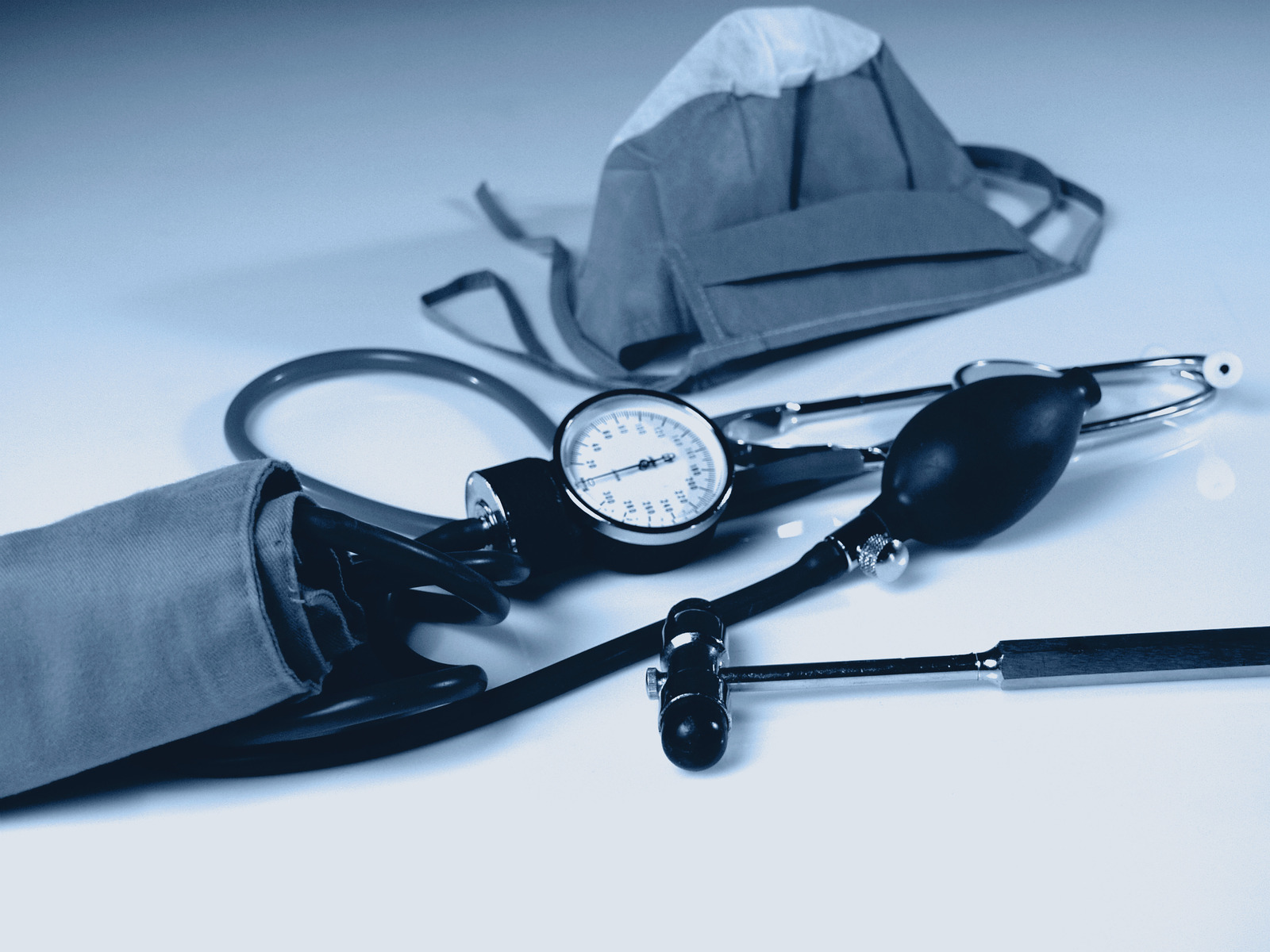






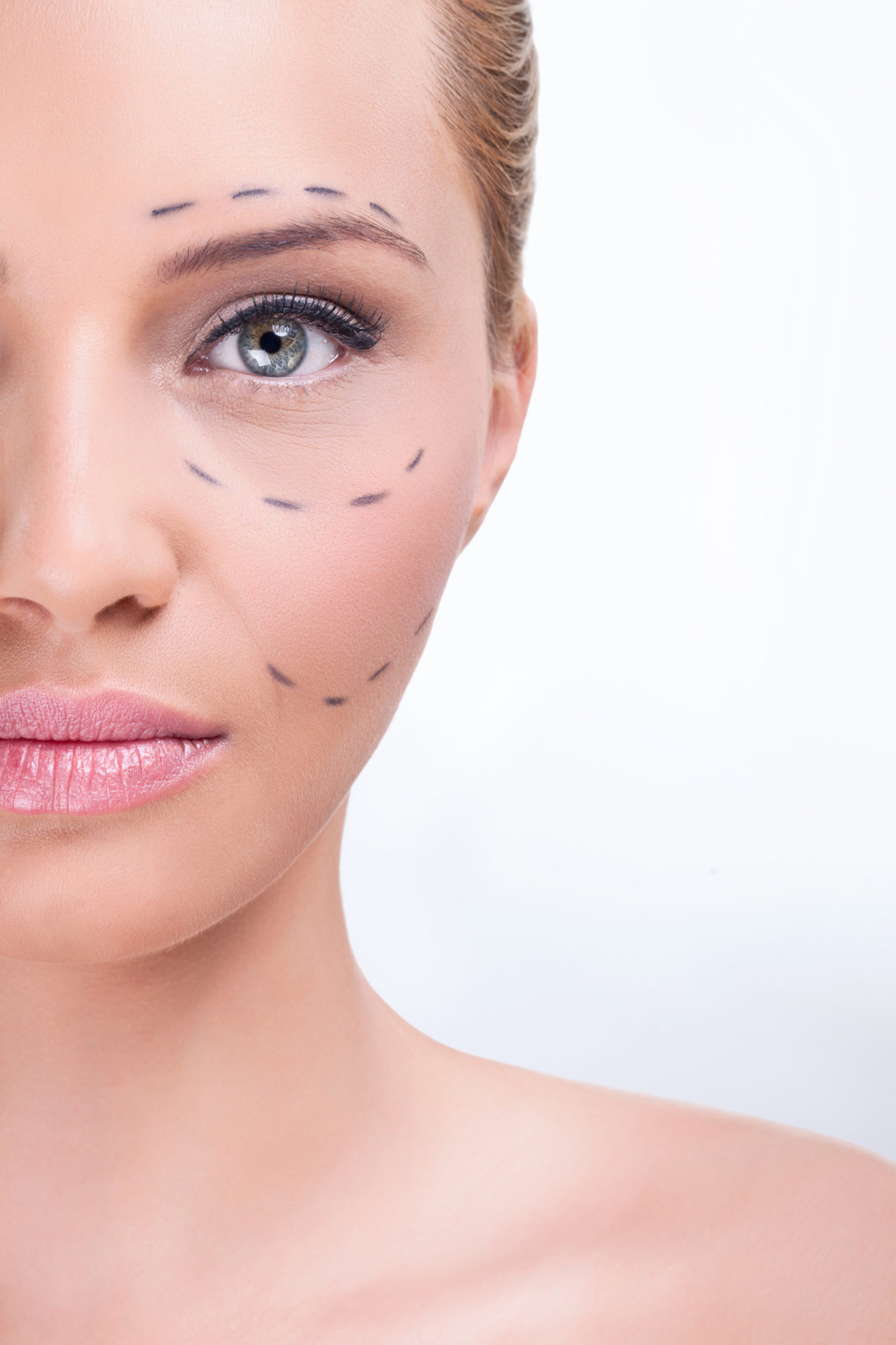






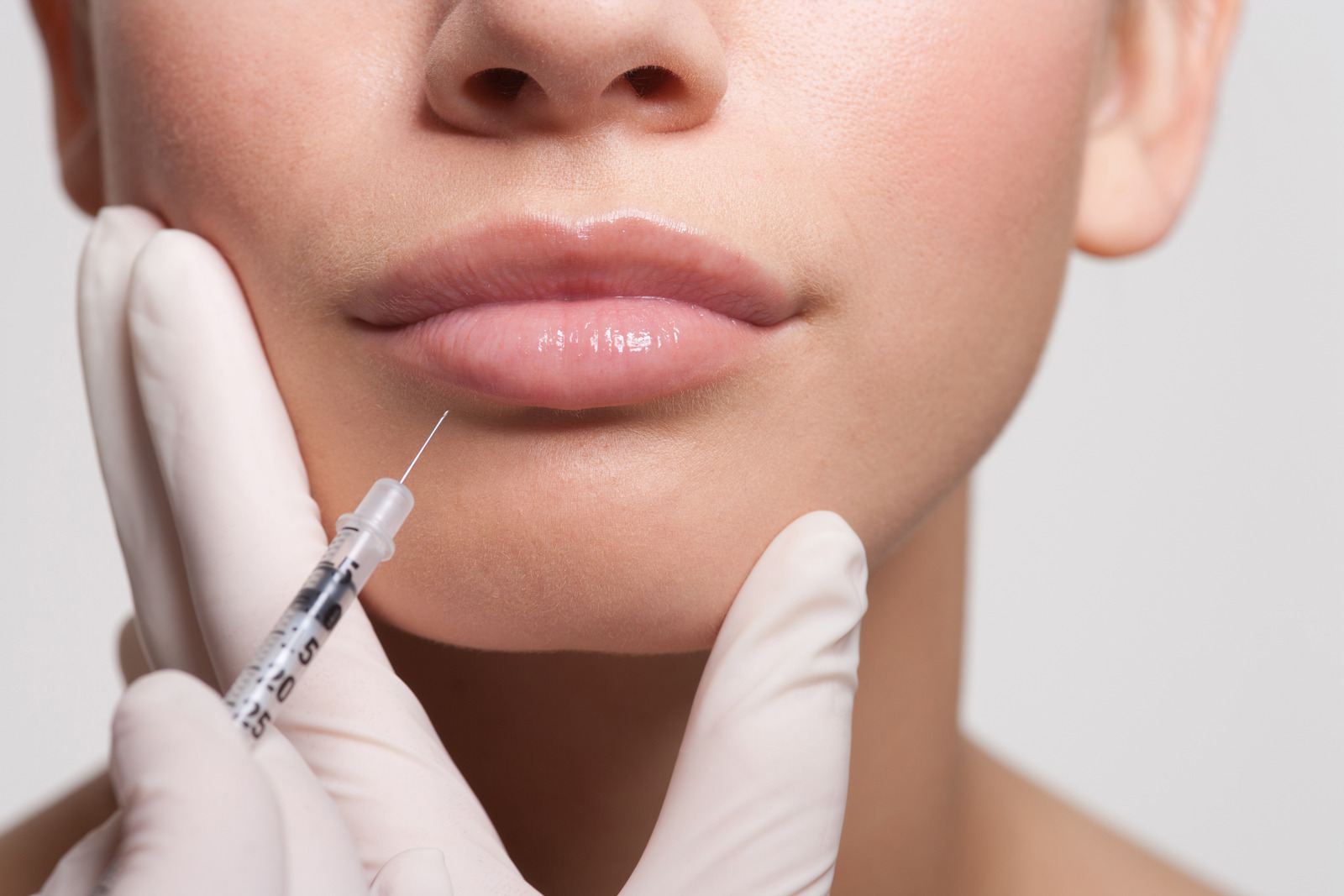
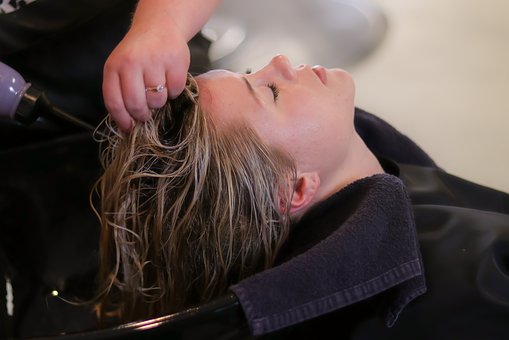



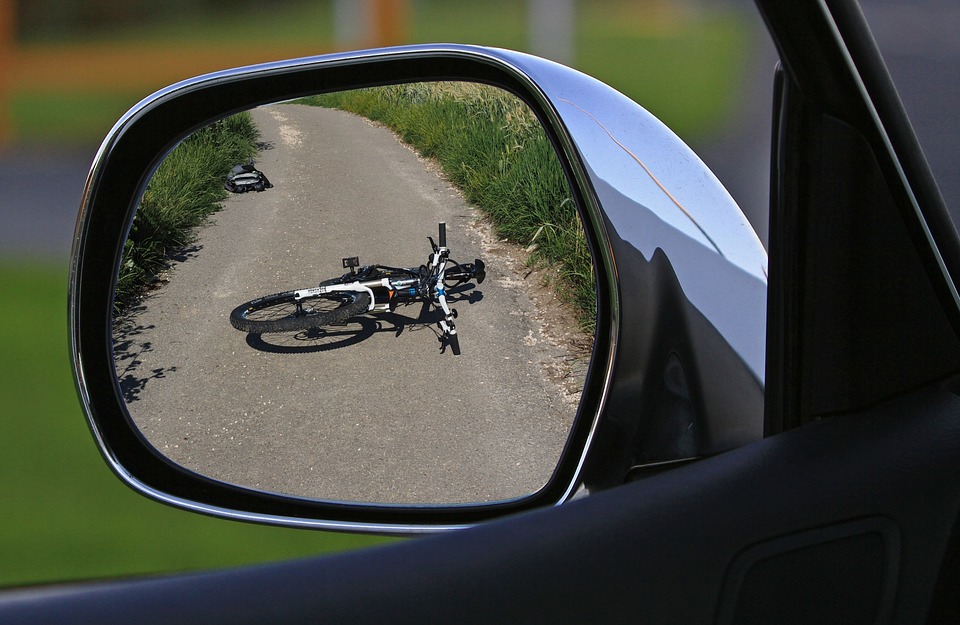
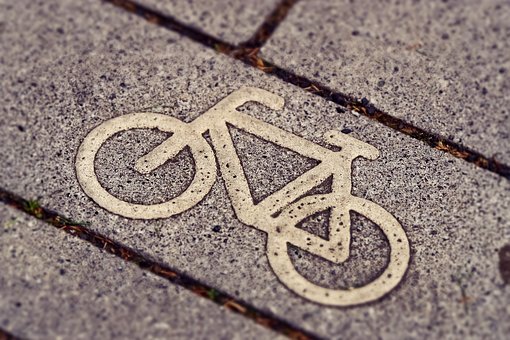
Recent Comments